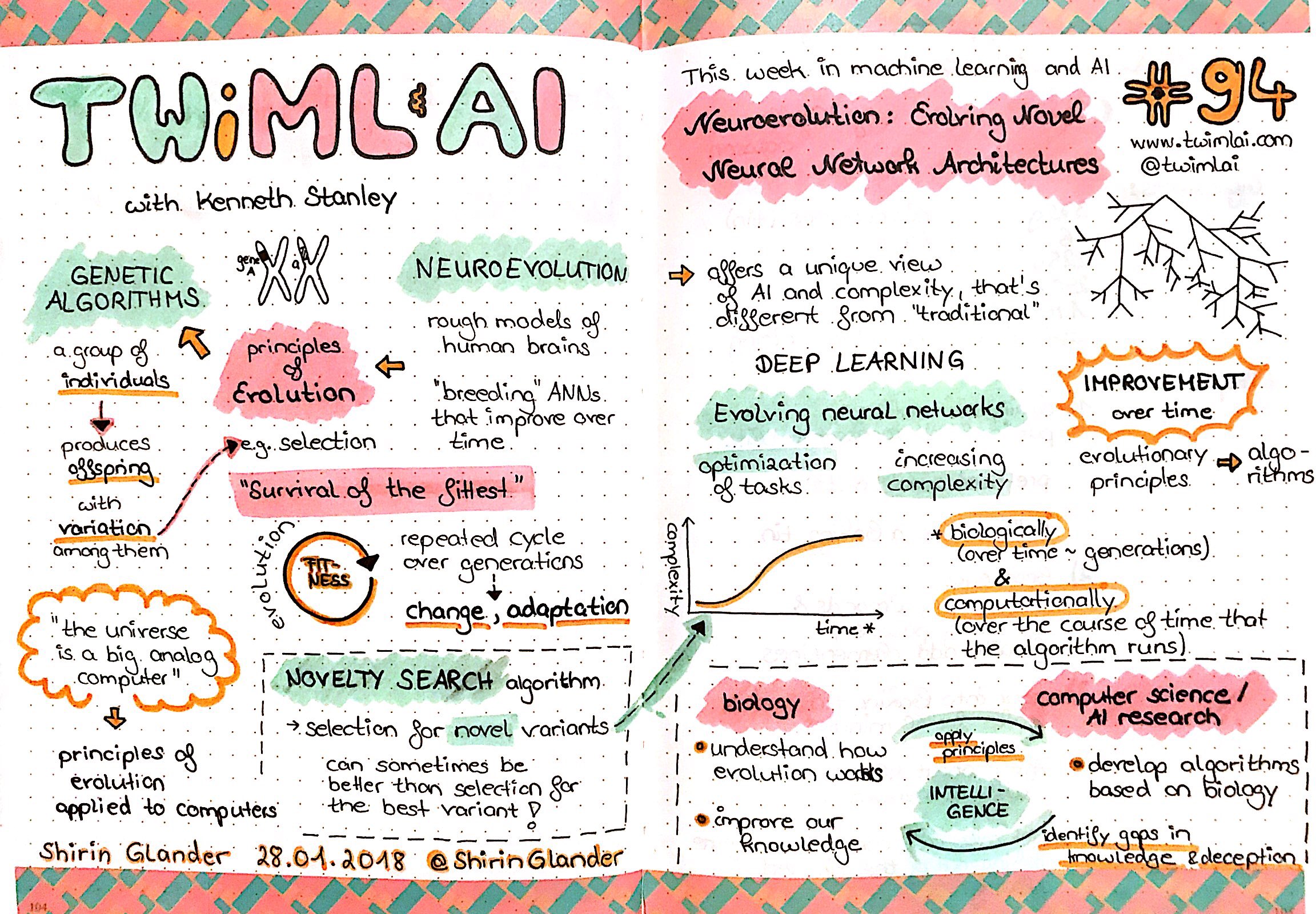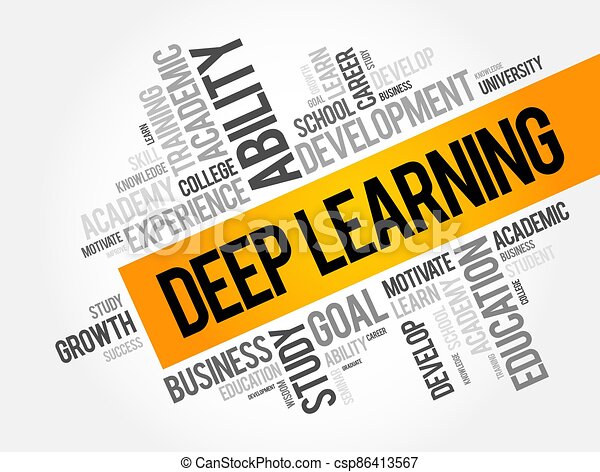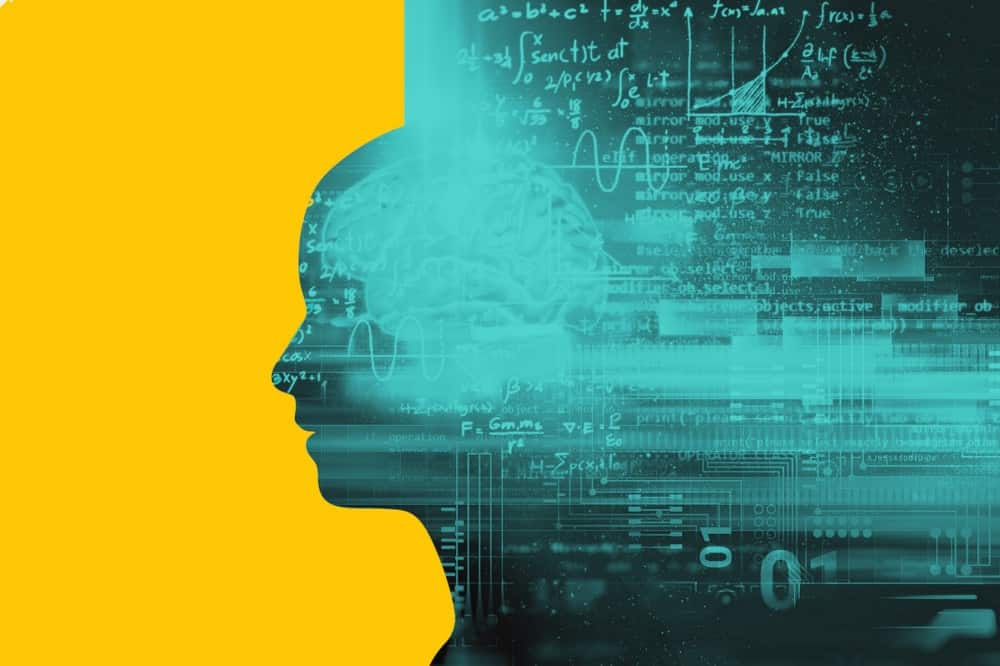
GPAI stands as Global Partnership on Artificial Intelligence. It is a multidimensional system designed to assess game performance behaviors. The United States of America and Canada were the founding members. However, the United Kingdom, Denmark and Poland joined as new members. Initialy, the GPAI was made up of 15 countries. 25 countries, including the United States of America, Australia, Brazil, Brazil, and Czech Republic, are now members. Here are the basics of GPAI:
GPAI is a global AI partnership
The Global Partnership on Artificial Intelligence (GPAI) is a multi-stakeholder international initiative focused on responsible use and development of artificial intelligence. GPAI is a platform for stakeholders to discuss the risks and benefits of using AI, and how to ensure that it is used in a responsible and ethical manner. This initiative is constantly being updated with new technologies. Here's a quick overview.

It's a multi-dimensional system that measures game performance.
A GPAI (Game Performance Assessment Instrument) is a multidimensional instrument that can measure game performance. This includes tactical knowledge and the ability of solving tactical problems. This multidimensional system can be used for experimental and field research. Researchers with extensive experience in both game performance assessment and assessing actual player performances developed the GPAI.
It is a global partnership for AI
The Global Partnership on Artificial Intelligence - GPAI (Global Partnership on Artificial Intelligence) is a multistakeholder project that aims to encourage responsible artificial Intelligence development and usage. The Global Partnership on AI provides a forum for government agencies and organizations to share their knowledge and best practices. The GPAI aims to encourage responsible artificial intelligence development. The GPAI has four main objectives.
It is supported OECD
The OECD supports GPAI. GPAI is a multistakeholder forum dedicated to fostering AI. Its principles are supported and promoted by the G20. The GPAI Secretariat provides managerial and research support for the initiative. The GPAI Multistakeholder Experts Group Plenary, which will be held every year in Paris as well as Montreal, will be organized. Its first meeting is scheduled to take place in Montreal in December 2020.
It has two Centres Of Expertise
The French and Canadian governments launched the GPAI, a global initiative. It brings together representatives representing Canada, France, Australia, Japan and the European Union. The event is hosted by Montreal and Paris Centres of Expertise. Each Centre is responsible for organizing an annual plenary meeting with a high-level expert panel. The OECD hosts GPAI's secretariat.

It is supported UNESCO
UNESCO is one the many global institutions involved in the Global Partnership for Artificial Intelligence. As a member of GPAI, UNESCO can participate in its work, and it has already begun. The Council was founded by Presidents France and Canada to provide strategic direction for GPAI. Its members include UNESCO's Gabriela Ramos, Assistant Director-General of Social and Human Sciences.
FAQ
Is AI possible with any other technology?
Yes, but still not. There have been many technologies developed to solve specific problems. However, none of them can match the speed or accuracy of AI.
What is the current state of the AI sector?
The AI industry is growing at a remarkable rate. The internet will connect to over 50 billion devices by 2020 according to some estimates. This will enable us to all access AI technology through our smartphones, tablets and laptops.
This means that businesses must adapt to the changing market in order stay competitive. They risk losing customers to businesses that adapt.
You need to ask yourself, what business model would you use in order to capitalize on these opportunities? Do you envision a platform where users could upload their data? Then, connect it to other users. Perhaps you could offer services like voice recognition and image recognition.
No matter what you do, think about how your position could be compared to others. It's not possible to always win but you can win if the cards are right and you continue innovating.
Is Alexa an AI?
Yes. But not quite yet.
Amazon created Alexa, a cloud based voice service. It allows users to communicate with their devices via voice.
First, the Echo smart speaker released Alexa technology. Other companies have since created their own versions with similar technology.
These include Google Home as well as Apple's Siri and Microsoft Cortana.
From where did AI develop?
The idea of artificial intelligence was first proposed by Alan Turing in 1950. He suggested that machines would be considered intelligent if they could fool people into believing they were speaking to another human.
The idea was later taken up by John McCarthy, who wrote an essay called "Can Machines Think?" in 1956. He described the difficulties faced by AI researchers and offered some solutions.
What does AI mean for the workplace?
It will change the way we work. We will be able to automate routine jobs and allow employees the freedom to focus on higher value activities.
It will improve customer service and help businesses deliver better products and services.
It will allow us future trends to be predicted and offer opportunities.
It will give organizations a competitive edge over their competition.
Companies that fail to adopt AI will fall behind.
Why is AI important?
In 30 years, there will be trillions of connected devices to the internet. These devices will include everything, from fridges to cars. The combination of billions of devices and the internet makes up the Internet of Things (IoT). IoT devices will communicate with each other and share information. They will also be able to make decisions on their own. For example, a fridge might decide whether to order more milk based on past consumption patterns.
It is predicted that by 2025 there will be 50 billion IoT devices. This is a tremendous opportunity for businesses. However, it also raises many concerns about security and privacy.
Statistics
- Additionally, keeping in mind the current crisis, the AI is designed in a manner where it reduces the carbon footprint by 20-40%. (analyticsinsight.net)
- While all of it is still what seems like a far way off, the future of this technology presents a Catch-22, able to solve the world's problems and likely to power all the A.I. systems on earth, but also incredibly dangerous in the wrong hands. (forbes.com)
- More than 70 percent of users claim they book trips on their phones, review travel tips, and research local landmarks and restaurants. (builtin.com)
- That's as many of us that have been in that AI space would say, it's about 70 or 80 percent of the work. (finra.org)
- In the first half of 2017, the company discovered and banned 300,000 terrorist-linked accounts, 95 percent of which were found by non-human, artificially intelligent machines. (builtin.com)
External Links
How To
How do I start using AI?
One way to use artificial intelligence is by creating an algorithm that learns from its mistakes. This allows you to learn from your mistakes and improve your future decisions.
To illustrate, the system could suggest words to complete sentences when you send a message. It would take information from your previous messages and suggest similar phrases to you.
To make sure that the system understands what you want it to write, you will need to first train it.
You can even create a chatbot to respond to your questions. So, for example, you might want to know "What time is my flight?" The bot will tell you that the next flight leaves at 8 a.m.
This guide will help you get started with machine-learning.